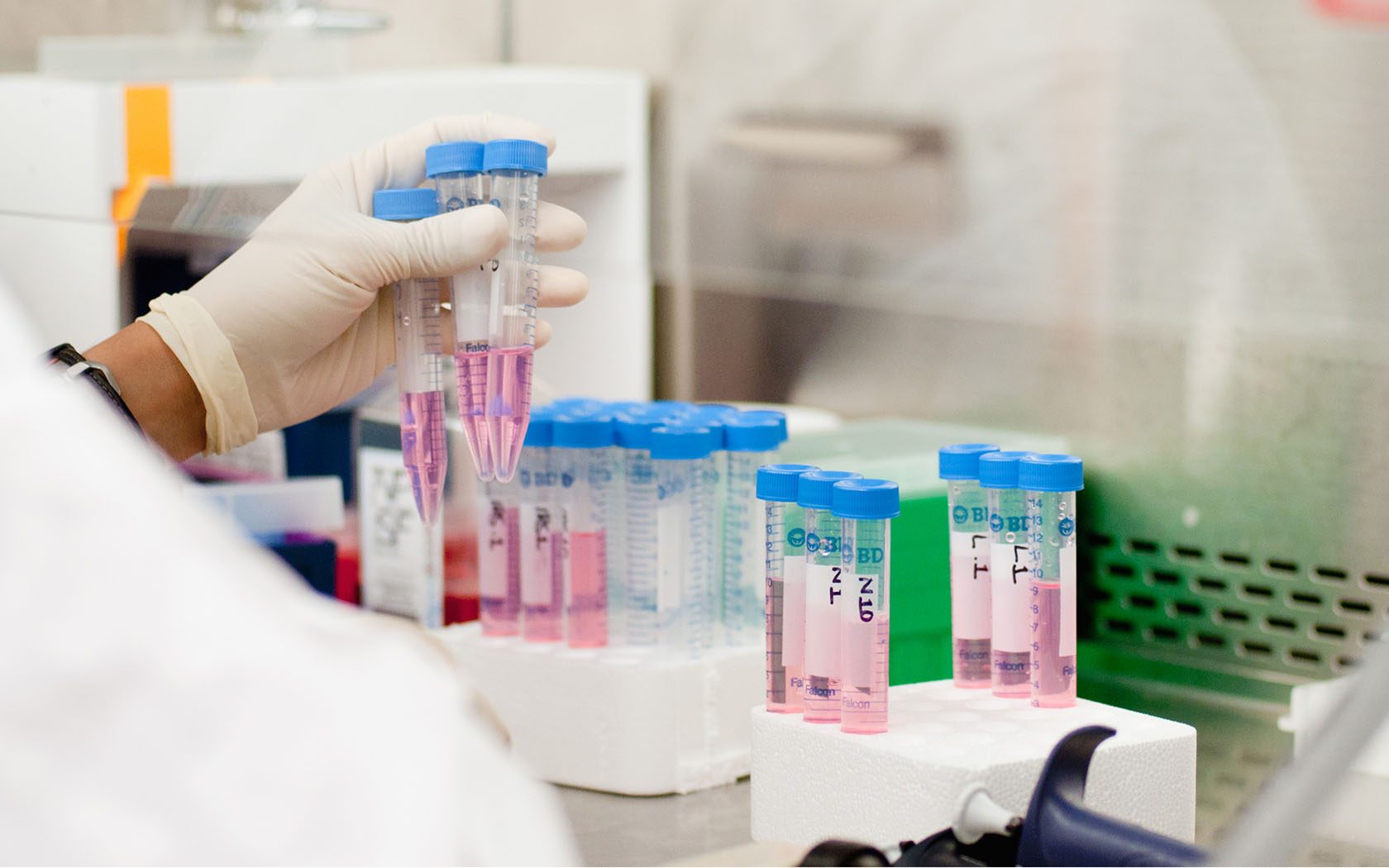- Diseases
- Acoustic Neuroma (14)
- Adrenal Gland Tumor (24)
- Anal Cancer (66)
- Anemia (2)
- Appendix Cancer (16)
- Bile Duct Cancer (28)
- Bladder Cancer (68)
- Brain Metastases (28)
- Brain Tumor (228)
- Breast Cancer (712)
- Breast Implant-Associated Anaplastic Large Cell Lymphoma (2)
- Cancer of Unknown Primary (4)
- Carcinoid Tumor (8)
- Cervical Cancer (154)
- Colon Cancer (164)
- Colorectal Cancer (110)
- Endocrine Tumor (4)
- Esophageal Cancer (42)
- Eye Cancer (36)
- Fallopian Tube Cancer (6)
- Germ Cell Tumor (4)
- Gestational Trophoblastic Disease (2)
- Head and Neck Cancer (6)
- Kidney Cancer (124)
- Leukemia (344)
- Liver Cancer (50)
- Lung Cancer (288)
- Lymphoma (284)
- Mesothelioma (14)
- Metastasis (30)
- Multiple Myeloma (98)
- Myelodysplastic Syndrome (60)
- Myeloproliferative Neoplasm (4)
- Neuroendocrine Tumors (16)
- Oral Cancer (98)
- Ovarian Cancer (172)
- Pancreatic Cancer (166)
- Parathyroid Disease (2)
- Penile Cancer (14)
- Pituitary Tumor (6)
- Prostate Cancer (144)
- Rectal Cancer (58)
- Renal Medullary Carcinoma (6)
- Salivary Gland Cancer (14)
- Sarcoma (234)
- Skin Cancer (294)
- Skull Base Tumors (56)
- Spinal Tumor (12)
- Stomach Cancer (60)
- Testicular Cancer (28)
- Throat Cancer (90)
- Thymoma (6)
- Thyroid Cancer (98)
- Tonsil Cancer (30)
- Uterine Cancer (78)
- Vaginal Cancer (14)
- Vulvar Cancer (18)
- Cancer Topic
- Adolescent and Young Adult Cancer Issues (20)
- Advance Care Planning (10)
- Biostatistics (2)
- Blood Donation (18)
- Bone Health (8)
- COVID-19 (362)
- Cancer Recurrence (120)
- Childhood Cancer Issues (120)
- Clinical Trials (622)
- Complementary Integrative Medicine (22)
- Cytogenetics (2)
- DNA Methylation (4)
- Diagnosis (224)
- Epigenetics (6)
- Fertility (62)
- Follow-up Guidelines (2)
- Health Disparities (14)
- Hereditary Cancer Syndromes (122)
- Immunology (18)
- Li-Fraumeni Syndrome (8)
- Mental Health (116)
- Molecular Diagnostics (8)
- Pain Management (64)
- Palliative Care (8)
- Pathology (10)
- Physical Therapy (18)
- Pregnancy (18)
- Prevention (882)
- Research (384)
- Second Opinion (74)
- Sexuality (16)
- Side Effects (598)
- Sleep Disorders (10)
- Stem Cell Transplantation Cellular Therapy (216)
- Support (404)
- Survivorship (324)
- Symptoms (182)
- Treatment (1764)
Sowing the seeds of tomorrow’s breakthroughs
BY Ron Gilmore
3 minute read | Published September 10, 2014
Medically Reviewed | Last reviewed by an MD Anderson Cancer Center medical professional on September 10, 2014

MD Anderson faculty received more than $25 million last month from the Cancer Prevention and Research Institute of Texas (CPRIT) to support scientific investigation and recruitment efforts.
MD Anderson scientists have always received a significant amount of the research funding distributed by CPRIT. In late August, that trend continued.
“MD Anderson accounted for more than 40 percent of the funds available through this grant mechanism,” said MD Anderson president Ronald DePinho, M.D. “Twenty-seven of our colleagues were awarded CPRIT grants, a huge success by any measure.”
The August awards to MD Anderson bring the total received from CPRIT close to $62 million since the 10-month moratorium was lifted in October 2013, with awards going toward research, prevention, recruitment and training. In total, MD Anderson has received more than $185 million from CPRIT since it was formed in 2007.
CPRIT was funded via a state constitution amendment to the tune of $3 billion. The amendment authorized Texas to fund groundbreaking cancer research and prevention programs in the state. CPRIT’s goal is to expedite innovation and commercialization in cancer research and to enhance access to evidence-based prevention programs and services throughout Texas.
The CPRIT awards are among many stellar examples of research funding successes experienced by MD Anderson investigators in recent months.
One notable research award was received by V. Craig Jordan, M.D., the renowned “Father of Tamoxifen” who joins MD Anderson in October to continue his groundbreaking work in breast cancer research and treatment. Jordan, who will serve as a professor in Breast Medical Oncology and Molecular and Cellular Oncology, received the coveted UT STARS and STARS Plus awards, which total $1.25 million.
UT STARS was initiated in 2004 by the UT System Board of Regents as a method for helping institutions to attract and retain the best-qualified faculty. The program allocates funds to purchase state-of-the-art research equipment and make laboratory renovations that will encourage faculty members to perform their research at UT institutions. In 2007, the STARS Plus Program was launched to help cover “start-up” resources that typically go beyond equipment and renovation needs.
Yet another recent example of new research opportunities, the Knowledge Gap Seed Funding program was initiated in the Moon Shots Program at MD Anderson, and is designed to bridge critical knowledge gaps and fuel innovation.
Under the leadership of Vice President for Translational Research Robert Bast Jr., M.D., and Provost and Executive Vice President Ethan Dmitrovsky, M.D., 11 MD Anderson faculty members were selected by peer review for 2014 Knowledge Gap Seed Funding. Each recipient will receive $100,000 in pilot funds for the next year to establish proof of concept and to develop a more detailed plan for extramural support and larger moon shots funding if breakthroughs are achieved.
“MD Anderson’s excellence is reflected by our top standing among U.S. institutions in securing National Cancer Institute grants,” said DePinho. “Our exceptional academic success also is fueled by significant increases in institutional support — derived primarily from philanthropy — for shared facilities, research projects and personnel, and graduate and trainee programs.”
